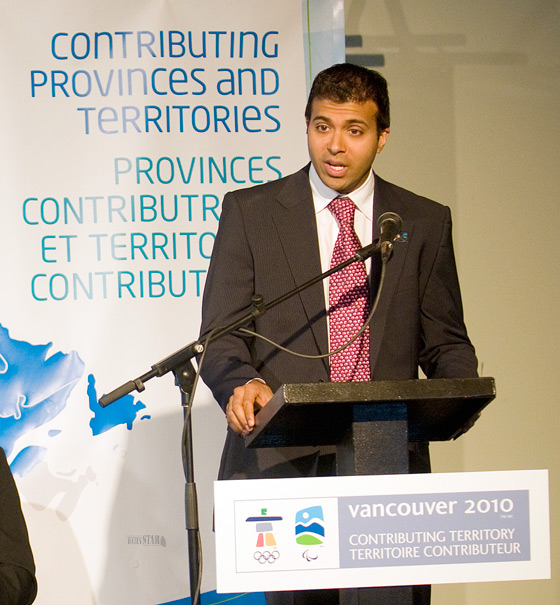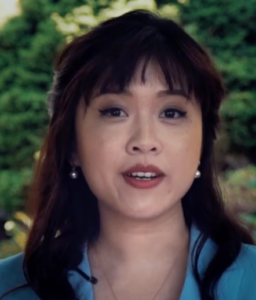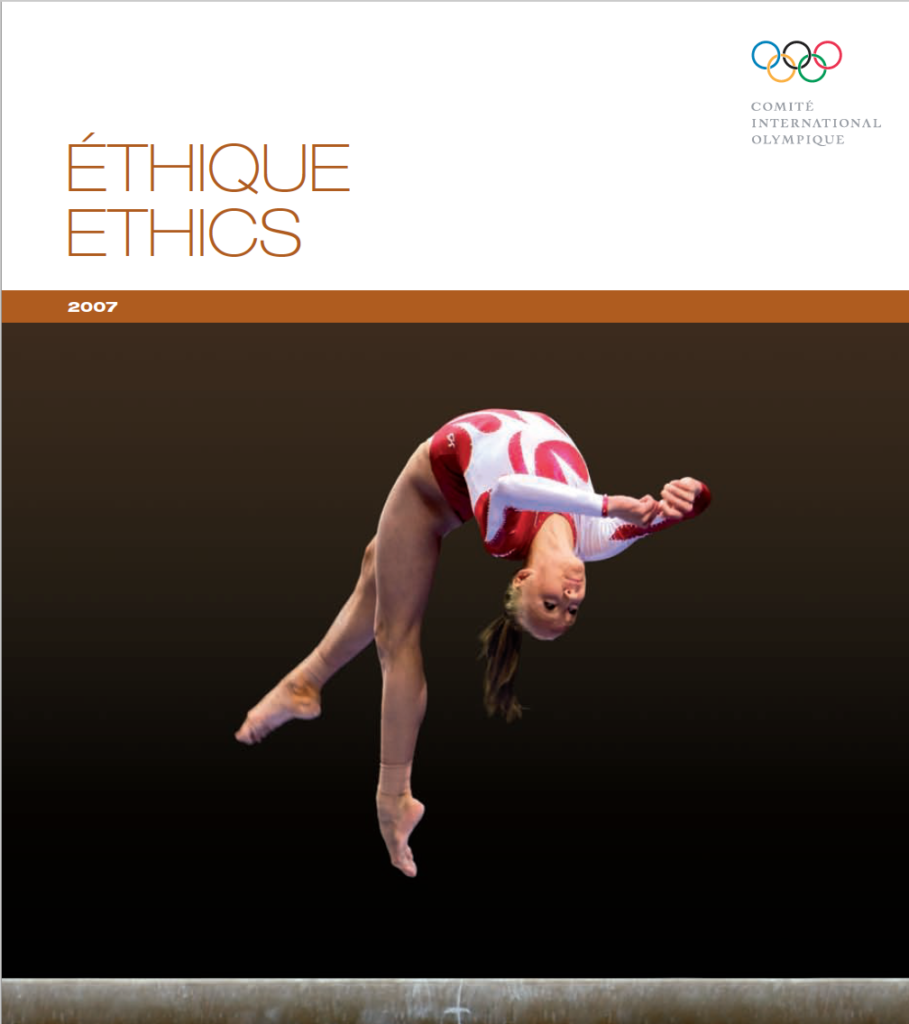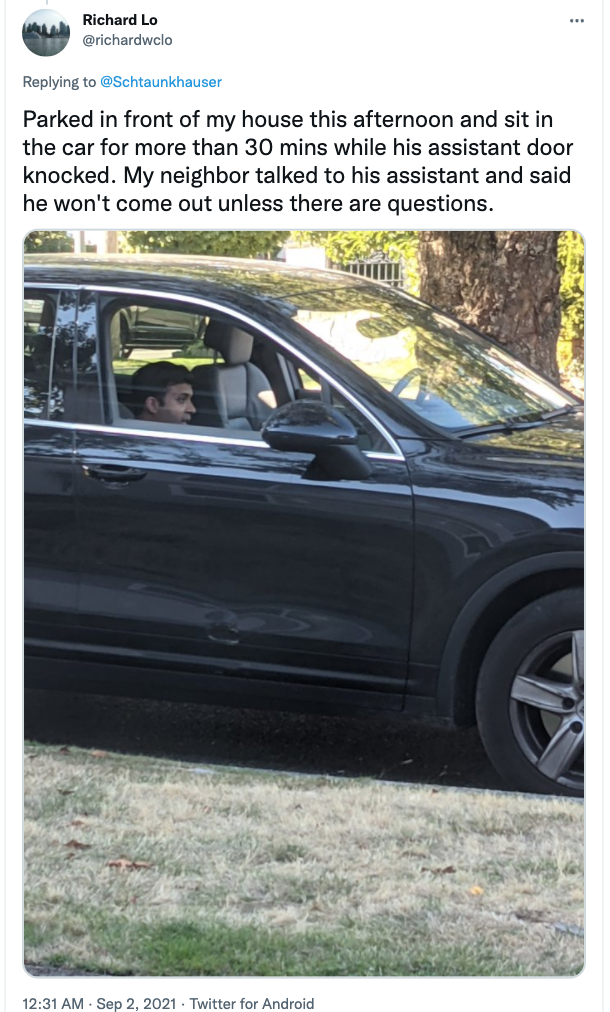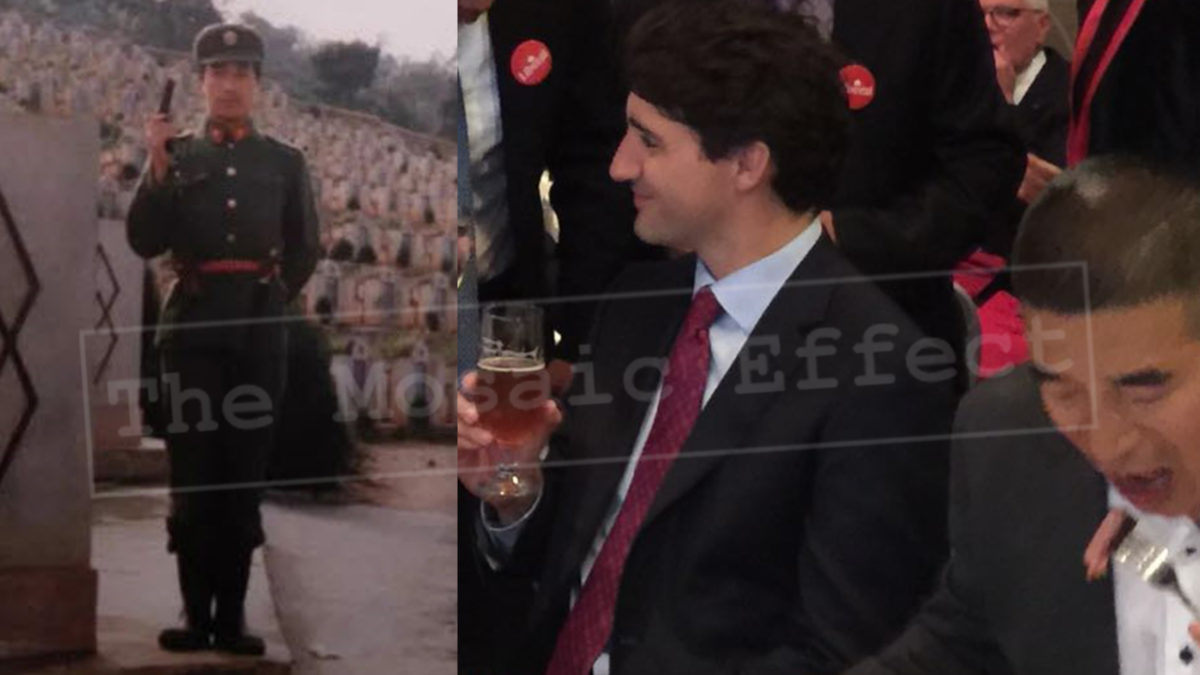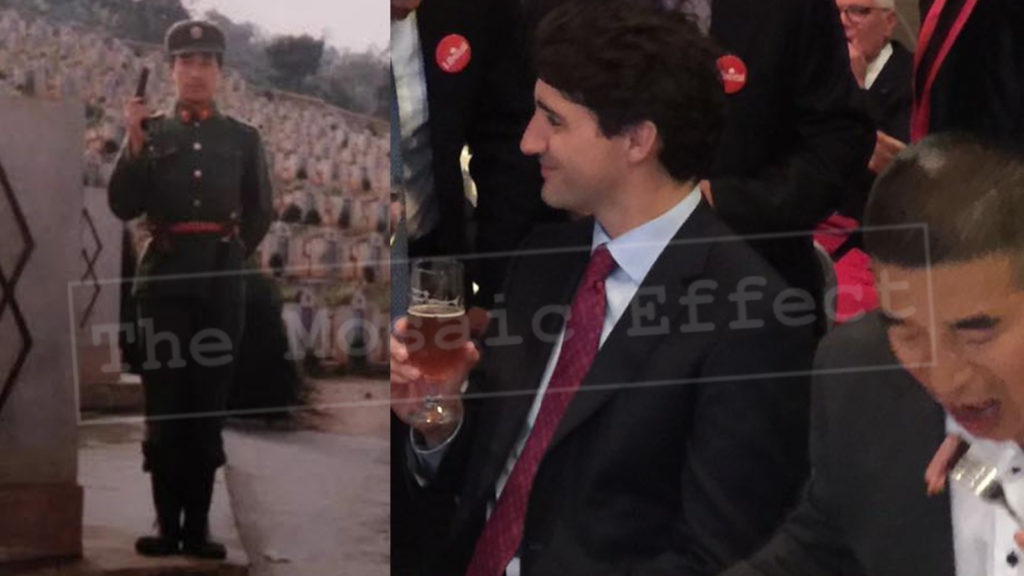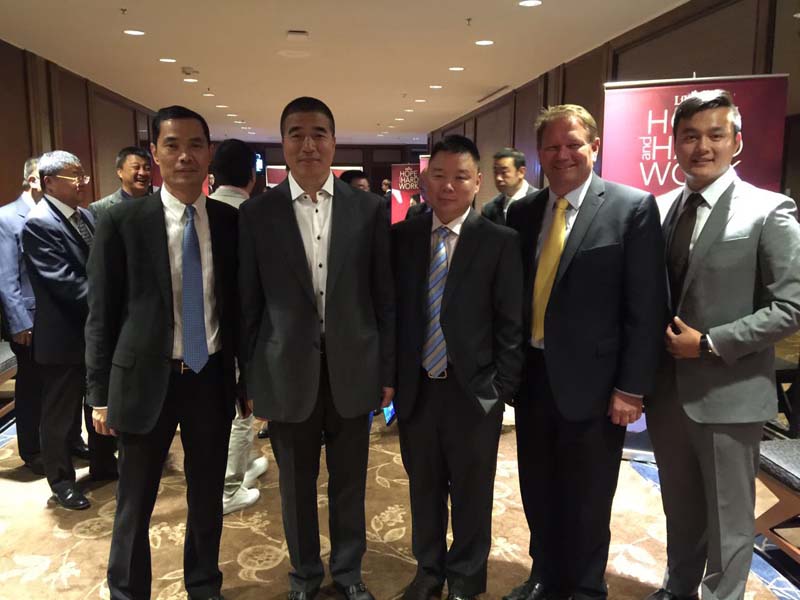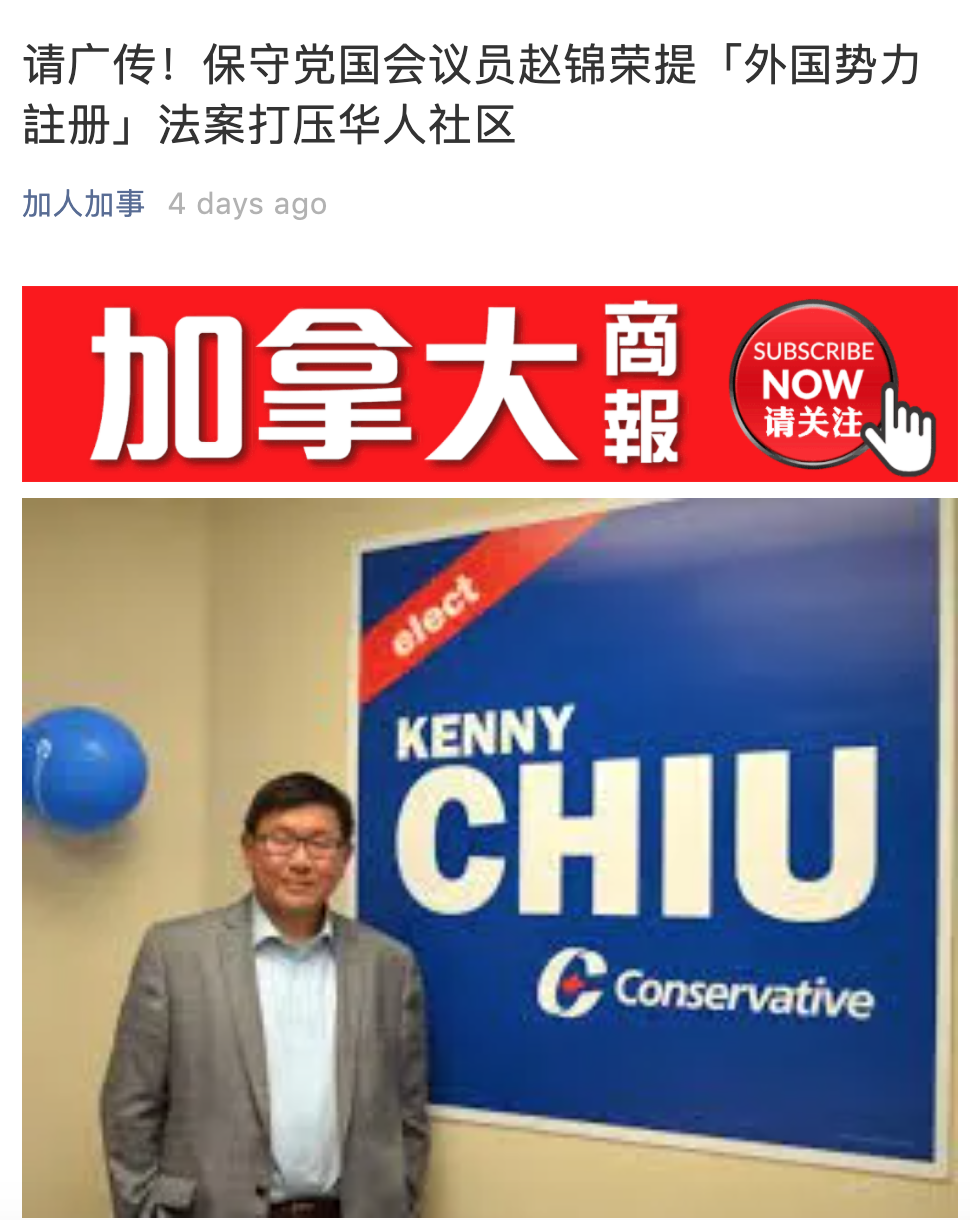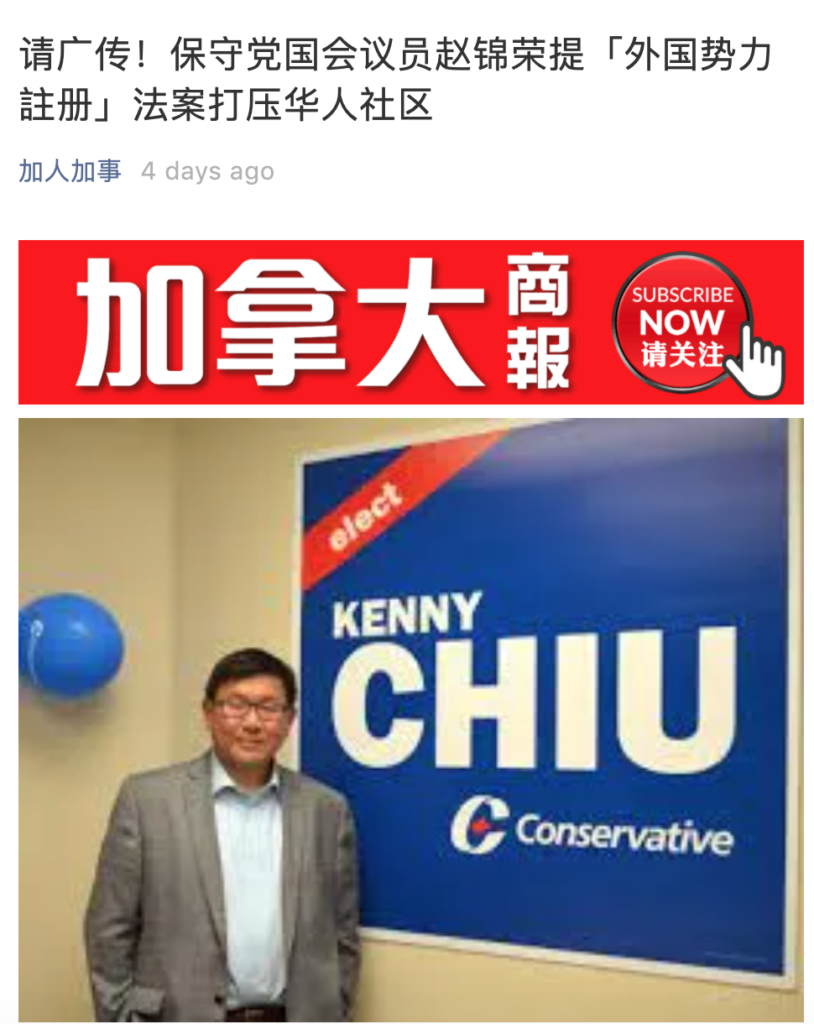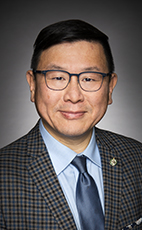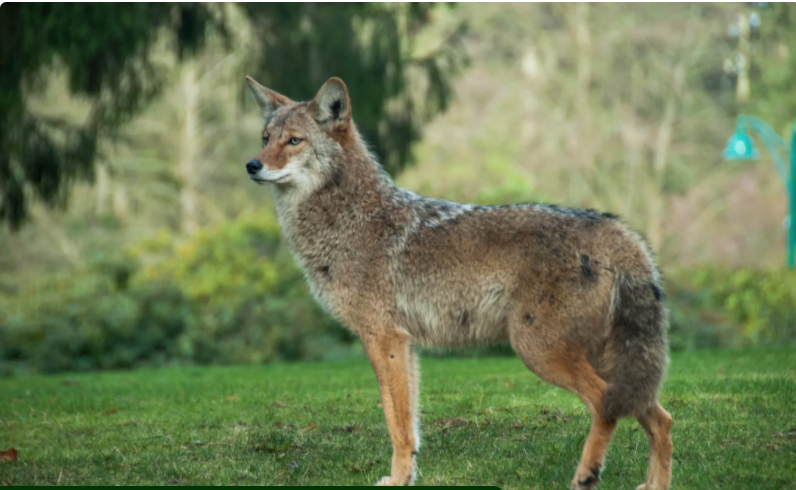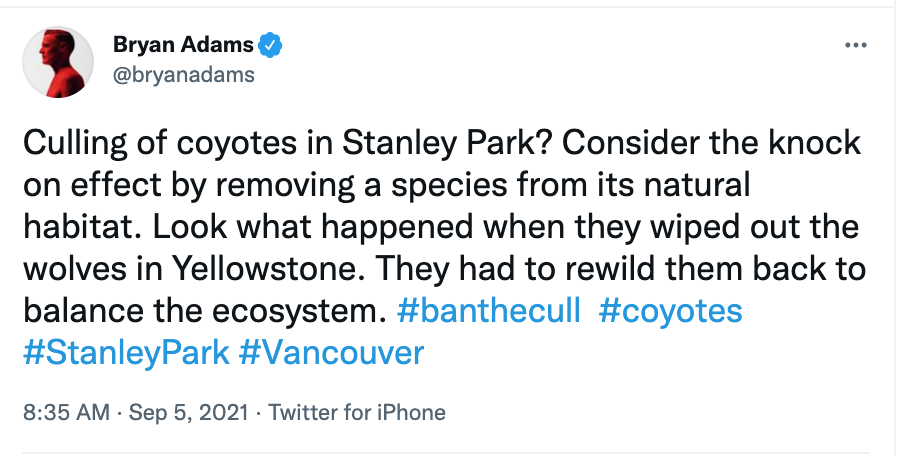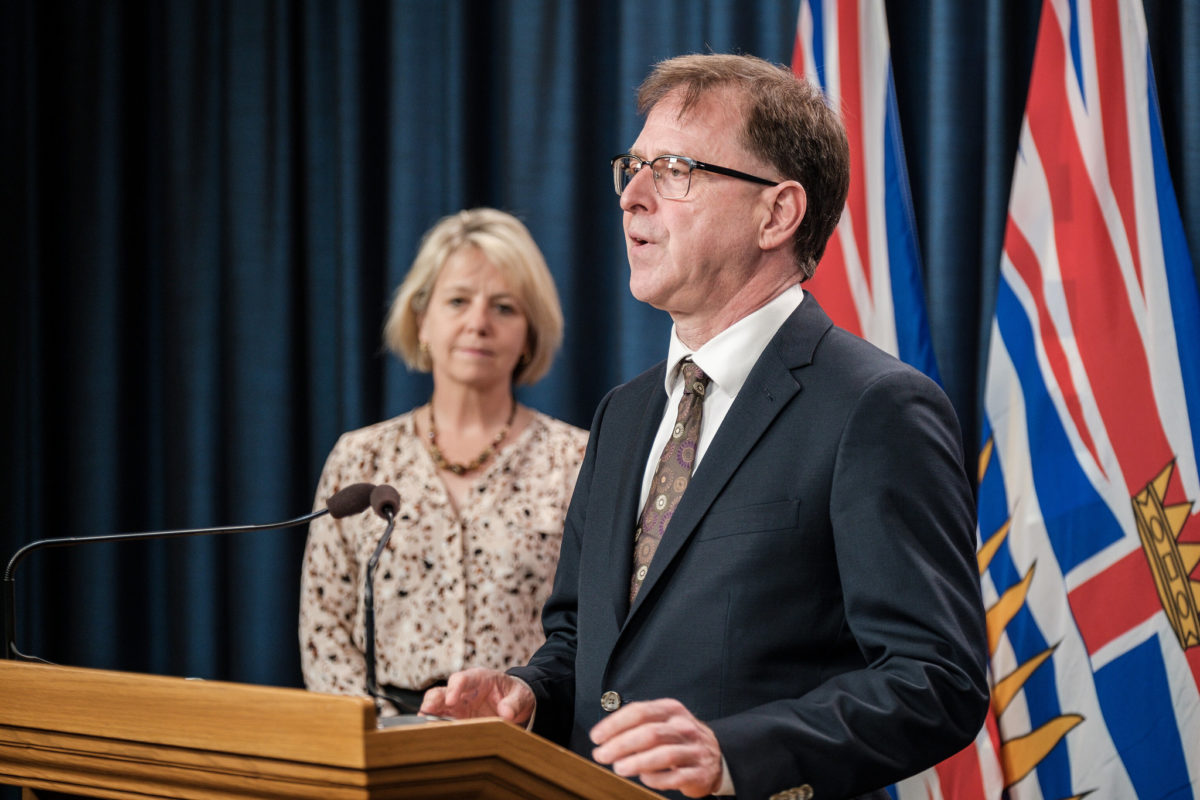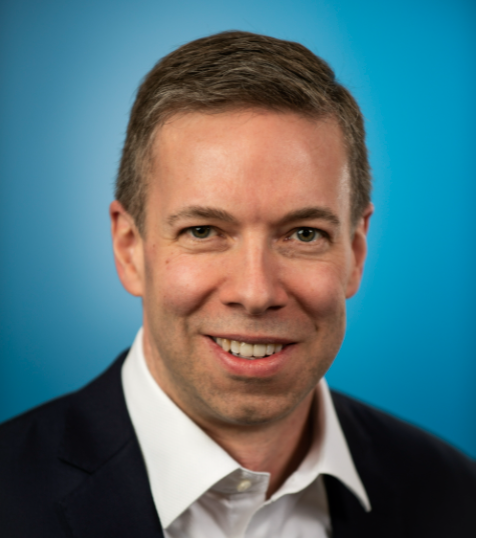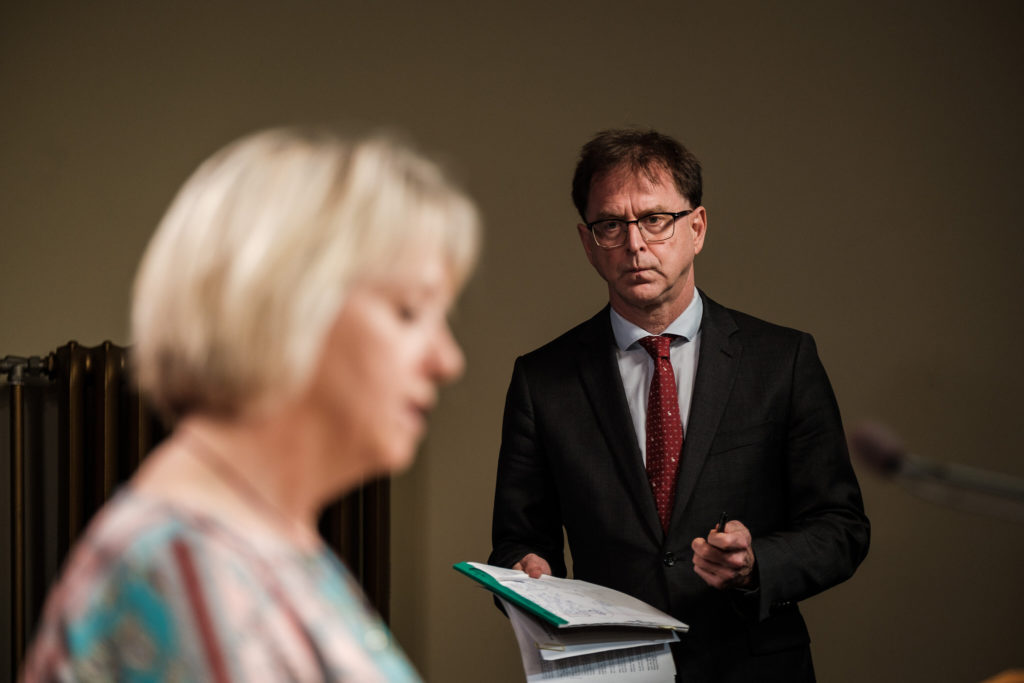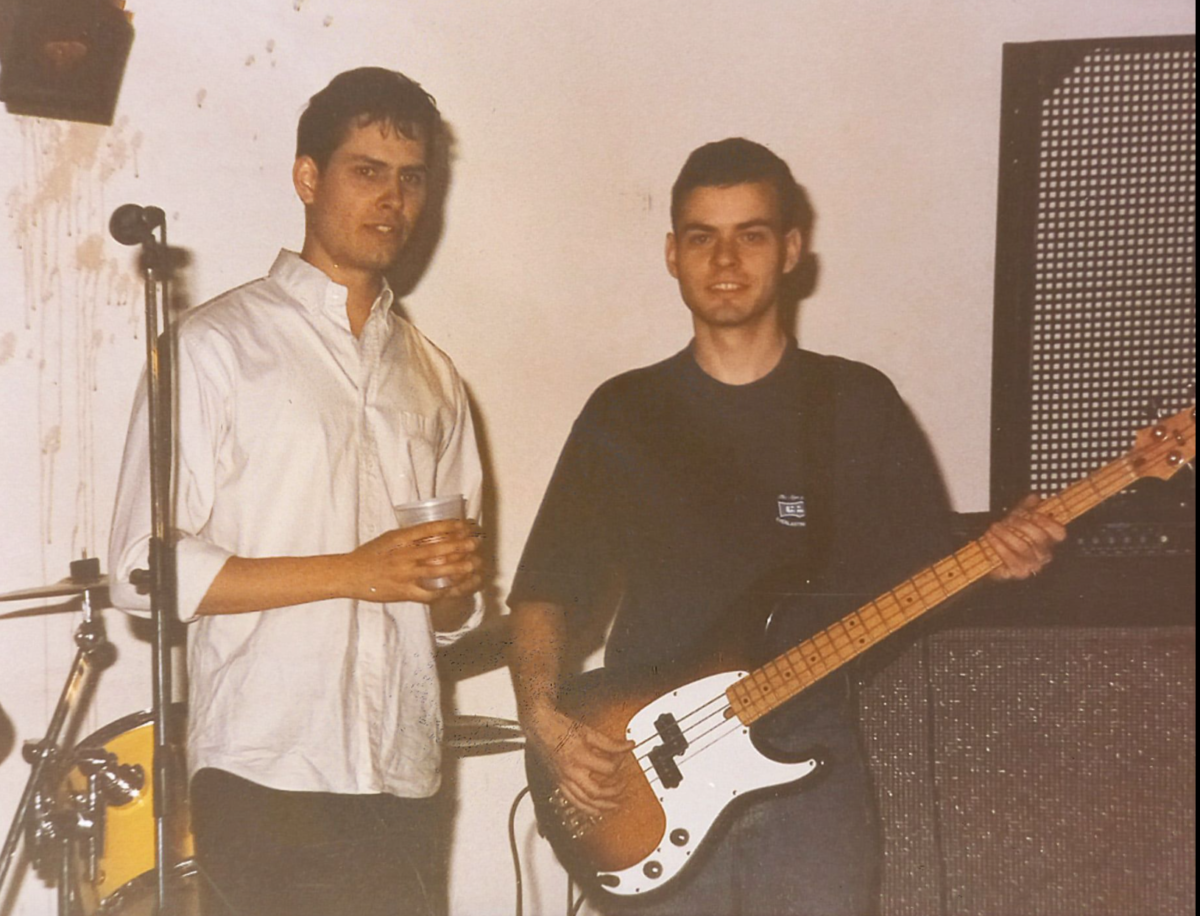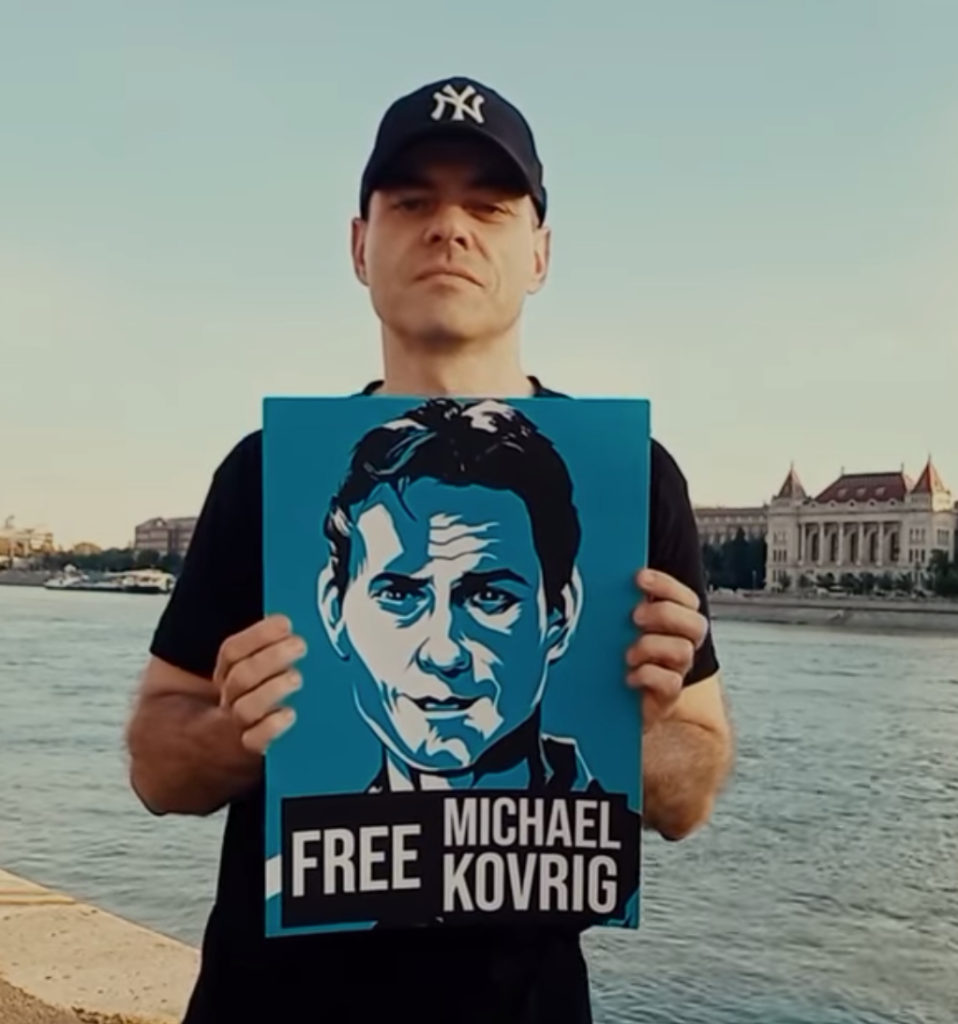Fact-check: How many Trudeau Liberal candidates in B.C. are fully vaccinated?
Bob Mackin
In speeches and Liberal Party campaign ads, Justin Trudeau has continuously attacked Conservative leader Erin O’Toole for not requiring his candidates be vaccinated against the coronavirus.
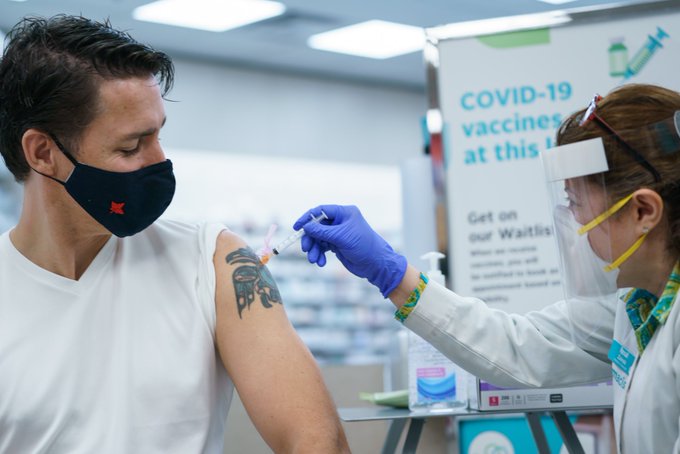
Justin Trudeau getting AZ vaccine (Twitter)
O’Toole is fully vaccinated and has said his party supports the same “get vaccinated or screen and test daily” guidelines that the Trudeau Liberal government announced for federal workers on Aug. 13, two days before Trudeau called the pandemic election.
At an Aug. 27 campaign stop in Mississauga, Trudeau told reporters: “We have ensured that all our candidates have been vaccinated or are getting vaccinated. I believe there’s a couple who are about to get their second dose now.”
He did not elaborate.
theBreaker.news canvassed Trudeau’s B.C. candidates. Nearly half the 42 claim to be fully vaccinated. Only nine showed proof with a provincially issued card and four sent social media links.
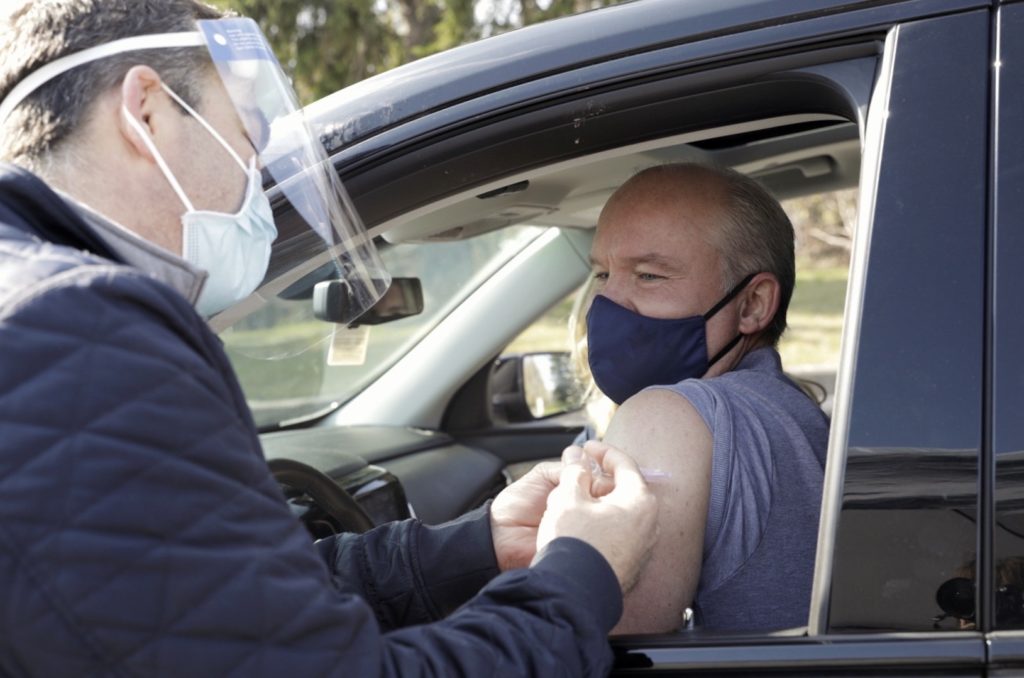
Conservative leader Erin O’Toole (Twitter)
Staff of West Vancouver-Sunshine Coast-Sea-to-Sky Country incumbent Patrick Weiler refused to prove their candidate received a second dose.
Another eight claimed directly or through aides to be fully vaccinated, but they did not provide proof. Another 20 did not respond.
theBreaker.news contacted candidates through their campaign email addresses or campaign website email forms on Sept. 15 to ask for dates and places of shots and copies of proof. They were explicitly asked to redact personal health numbers or QR codes.
Question: Are all of Justin Trudeau’s Liberal candidates in B.C. fully vaccinated?
Fact Check Status: Unproven
RESPONDED WITH PROOF (9)*
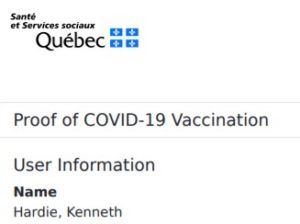
Ken Hardie’s Quebec vaccine record from March 25 and July 15 appointments also included a QR code. (Quebec Health Services)
Parm Bains, Steveston-Richmond East; Michelle Corfield, Nanaimo-Ladysmith; Shelley Desautels, North Okanagan-Shuswap; Sukh Dhaliwal, Surrey-Newton; Ken Hardie, Fleetwood-Port Kells; Doug Kobayashi, Esquimalt-Saanich-Sooke; Nikki Macdonald, Victoria; Ahmed Yousef, Pitt Meadows-Maple Ridge.
*Taleeb Noormohamed, Vancouver Granville, did not reply to the email. But, coincidentally, precisely 37 minutes after theBreaker.news hit the send button on a message to his personal email address, he declared on Twitter that he had been fully vaccinated and published part of a Sept. 10-issued B.C. Vaccine Card in his name.
Ken Hardie: “Lest someone be curious, I had both shots in Quebec as I had been on the list to appear in person in the House of Commons until about April.”
RESPONDED WITH LINKS TO SOCIAL MEDIA (4)
Ron McKinnon, Coquitlam-Port Coquitlam; Joyce Murray, Vancouver Quadra; Randeep Sarai, Surrey Centre; Patrick Weiler, West Vancouver-Sunshine Coast-Sea-to-Sky Country (but only one).
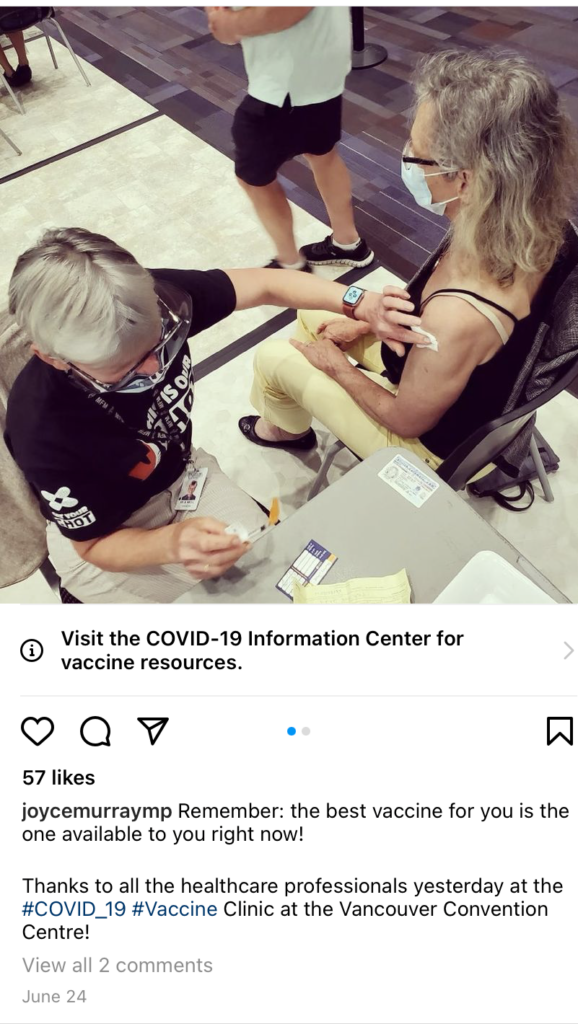
Joyce Murray’s second shot, June 24 (Instagram)
Caleigh Garland, aide to Joyce Murray: “She has had two Pfizer shots and she got them at the Vancouver Convention Centre.”
RESPONDED WITHOUT PROOF (8)
John Aldag, Cloverdale-Langley City; Will Davis, Port Moody-Coquitlam; Sarah Eves, Central Okanagan-Similkameen-Nicola; Garth Frizzell, Cariboo-Prince George; Navreen Gill, Abbotsford; Blair Herbert, Cowichan-Malahat-Langford; Josh Vander Vies, Vancouver East; Jonathan Wilkinson, North Vancouver.
Kieran Steede, aide to Jonathan Wilkinson: “He is fully vaccinated with two doses of the AstraZeneca vaccine, administered in early June.”
NO RESPONSE (20)
Amir Alavi, Prince George-Peace-River-Northern Rockies; Terry Beech, Burnaby-North Seymour; Virginia Bremner, Vancouver Kingsway; Susan Farlinger, Courtenay-Alberni; Hedy Fry, Vancouver Centre; Robin Goldsbury, Kootenay-Columbia; Jennifer Grenz, North Island-Powell River; Geet Grewal, Mission-Matsqui-Fraser Canyon; Gordie Hogg, South Surrey-White Rock; Rozina Jaffer, New Westminster-Burnaby*; Tim Krupa, Kelowna-Lake Country; Jesse McCormick, Kamloops-Thompson-Cariboo; Wilson Miao, Richmond Centre; Sherri Moore-Arbour, Saanich-Gulf Islands; Carla Qualtrough, Delta; Kim Richter, Langley-Aldergrove; Ken Robertson, South Okanagan-West Kootenay; Harjit Sajjan, Vancouver South; Brea Sami-Burnaby South; Kelly Velonis, Chilliwack-Hope. (*sent message via Facebook.)
NO CONTACT INFO (1)
Lakhwinder Jhaj, Skeena-Bulkley Valley. (The parachute candidate is normally based in Abbotsford, but visited the riding for the first time on Sept. 14, less than a week before E-day.)
Support theBreaker.news for as low as $2 a month on Patreon. Find out how. Click here.
Bob Mackin In speeches and Liberal Party campaign






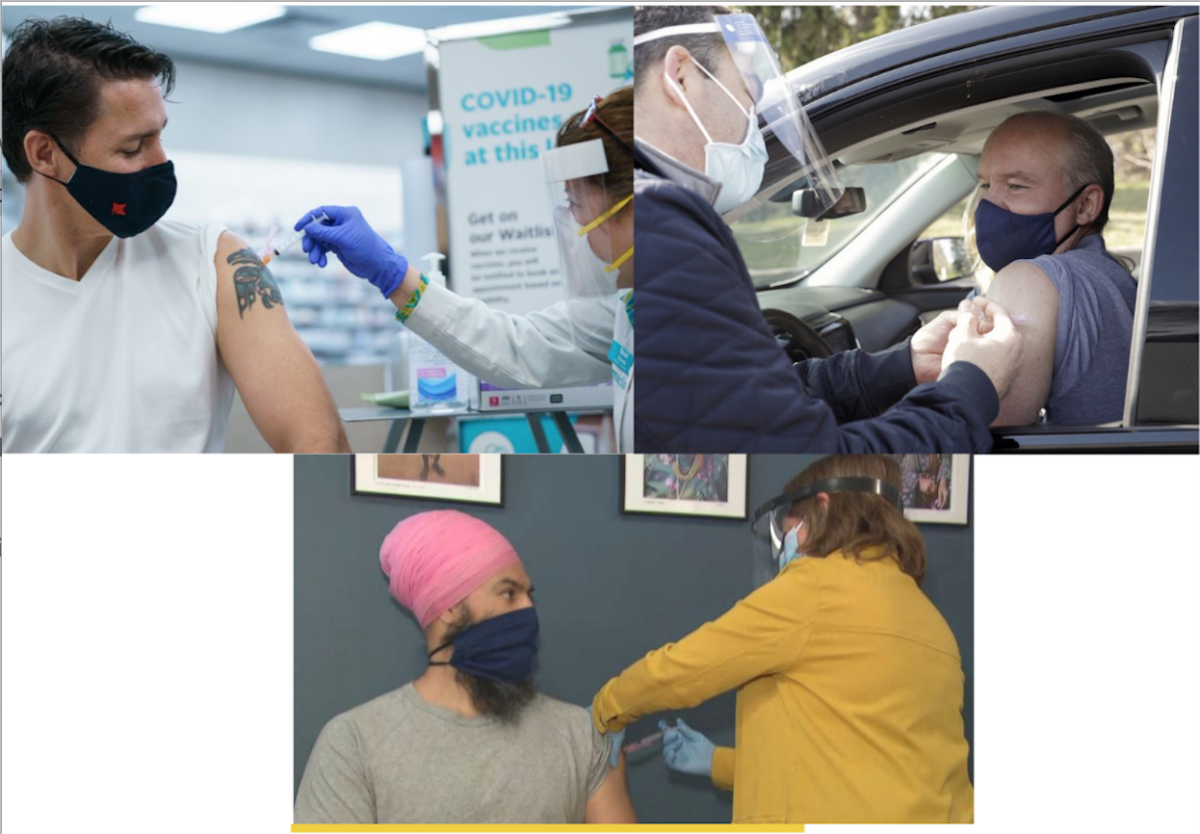
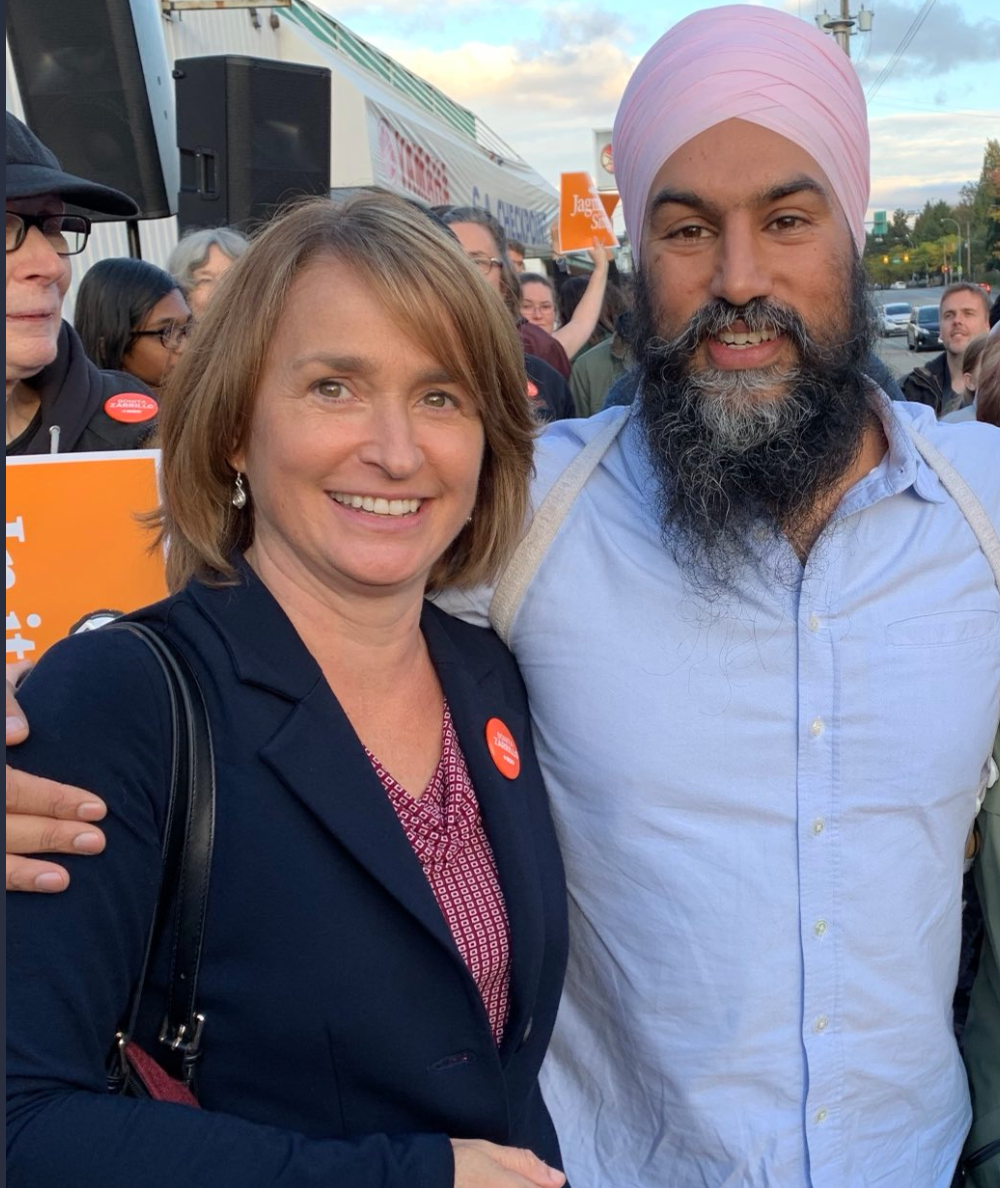
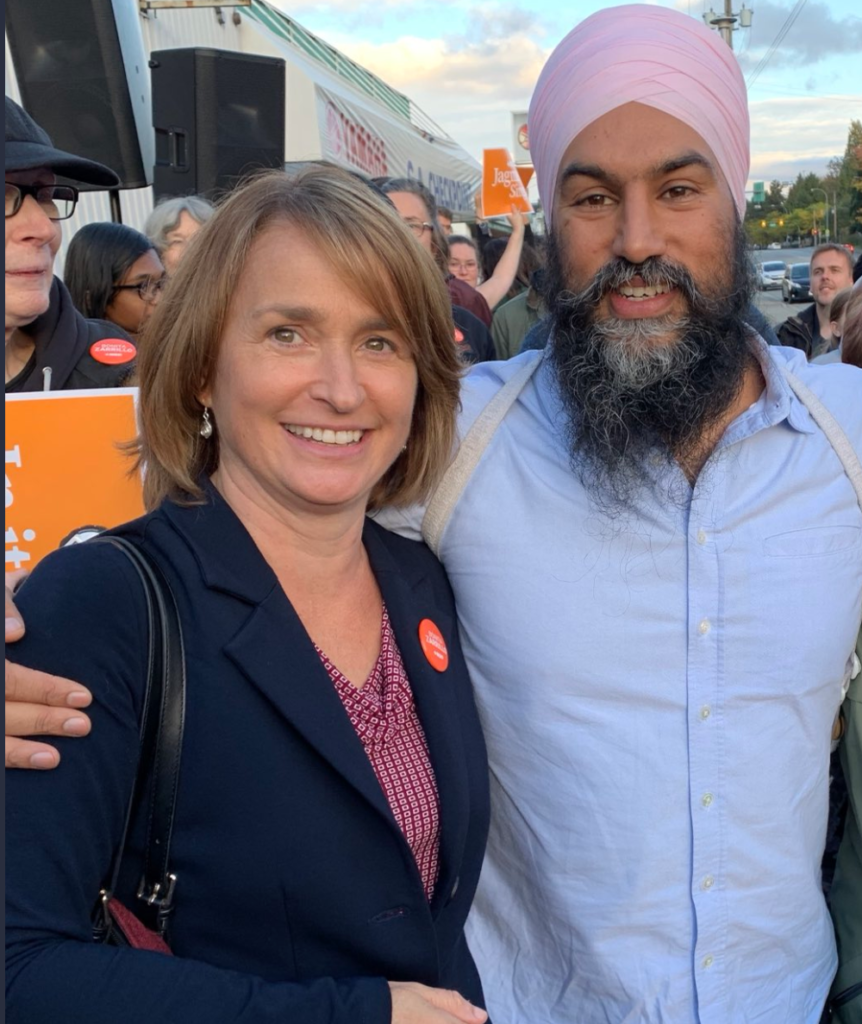

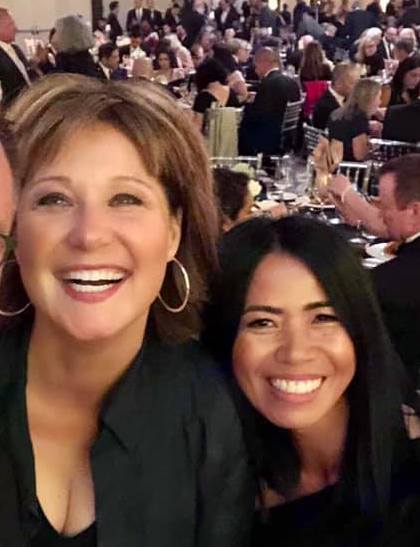
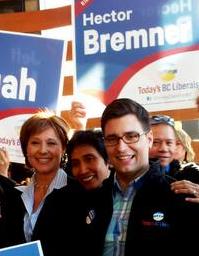 “Those connections gathered blocks of PINs which were supplied to Mr. Bloy, who provided them to other Clark supporters, who entered them online — block voting in a proxy process,” Butcher explained.
“Those connections gathered blocks of PINs which were supplied to Mr. Bloy, who provided them to other Clark supporters, who entered them online — block voting in a proxy process,” Butcher explained.